- BlackVoter.Org
- Posts
- BLACKVOTER.ORG
BLACKVOTER.ORG
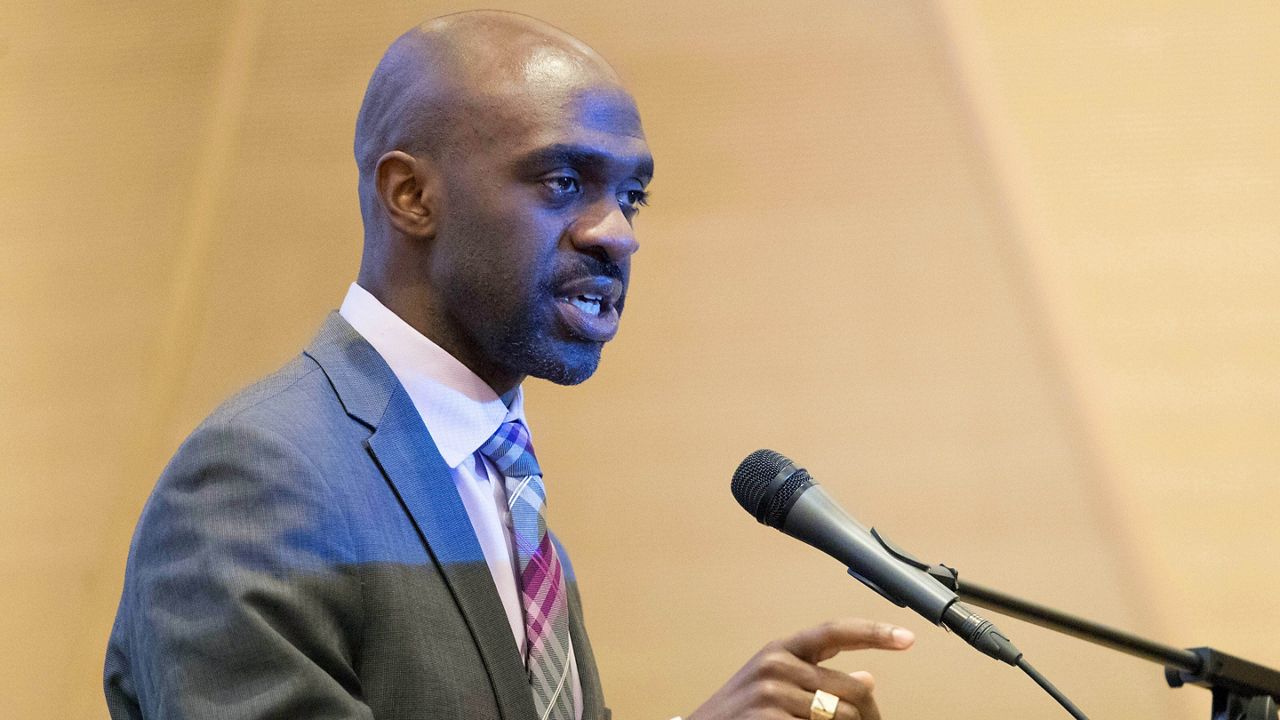
Former Bronx assemblyman Michael Blake is revving up for the New York City mayoral race, aiming to take on Mayor Eric Adams in a competitive Democratic primary slated for June 2025. Blake, who represented the Bronx’s 79th District from 2014 to 2020 and served as a vice chair of the Democratic National Committee, is the seventh candidate to jump into this electrifying contest.
His campaign is set to spotlight pressing issues like the city’s soaring cost of living and quality-of-life challenges. While Blake has previously sought higher office, narrowly missing out in a 2020 congressional bid, he’s leveraged his legislative experience to push for rapid payment for minority-owned businesses and reforms in juvenile justice.
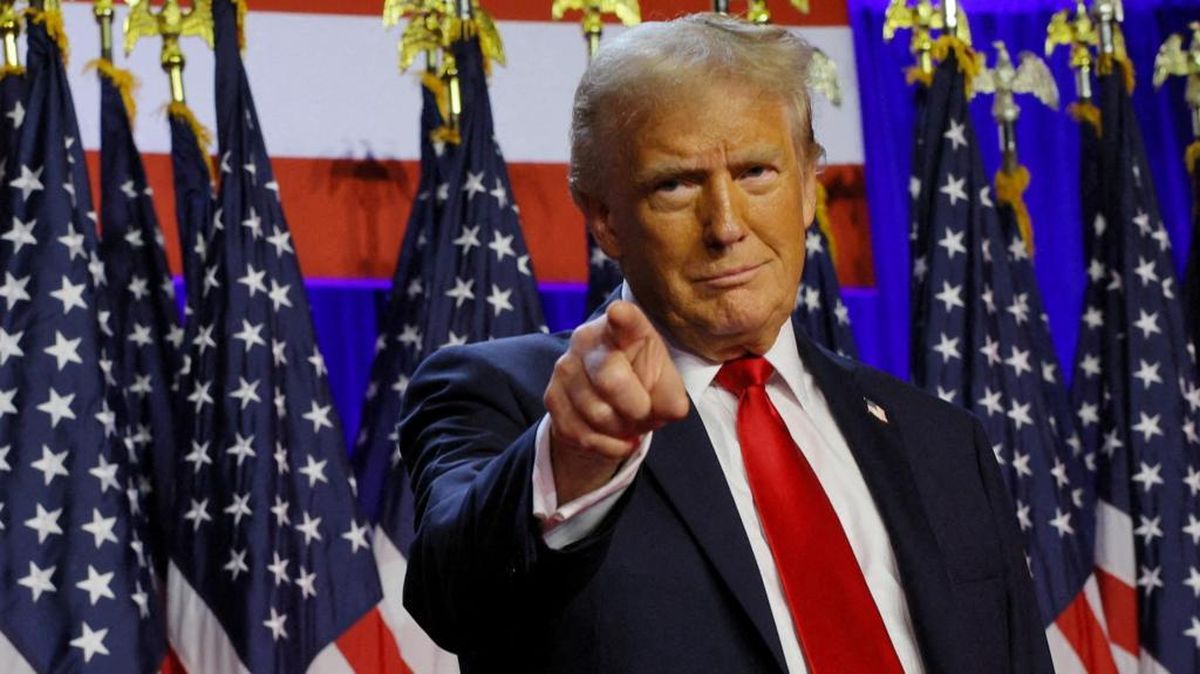
Donald Trump’s return to the White House for a second term has ignited a whirlwind of political dynamics and voter realignments across the United States. This election marked a shift, as Trump drew support from various demographic groups, including Hispanic and Asian American voters disillusioned by the Biden administration.
His Cabinet choices and a focus on economic policies reminiscent of his first term suggest a familiar yet evolving approach. While Trump's victory is underscored by a significant drop in Black voter turnout and regional variances in support, concerns loom over rising tensions and potential authoritarian tendencies.
Activists are gearing up to defend civil rights amid fears of a resurgence of far-right policies. As Democrats recalibrate their strategies, the landscape ahead hints at intense political activism and a crucial fight for social justice, setting the stage for a landscape characterized by both conflict and coalition-building.

Thanksgiving just got a little cheaper! This year, the average cost of a traditional Thanksgiving meal for ten is down 5% to $58.50, according to the American Farm Bureau Federation.
While it’s a welcome decrease from last year’s $61.17, it’s still a notable 19% increase from pre-pandemic prices.
Turkey lovers will be pleased to hear that a 16-pound turkey comes in at about $25.67, dropping 6% thanks to a surplus in supply.
However, prices for items like rolls and cranberries saw slight increases due to higher processing costs. Retailers are also stepping up with meal deals, making it easier for families to afford their festivities.

In a surprising turn of events at the annual Committee for Montgomery breakfast, Montgomery County Executive Marc Elrich received unexpected praise from Governor Wes Moore despite recent voter support for term limits that may sideline him. Moore dubbed Elrich a “visionary” for his initiatives on living wages and bus rapid transit—a rare moment of camaraderie in the often contentious political arena of Montgomery County.
Meanwhile, the Maryland Republican Party celebrated the reelection of Nicole Beus Harris for a second term as chair, gracefully deflating a challenge from her predecessor. And for history buffs, C-SPAN’s “Book TV” will feature a discussion on the life of former U.
S. Senator Daniel B.
Brewster, whose legacy was marred by personal struggles yet came full circle through redemption. From mutual applause to political shifts, Maryland’s political landscape continues to evolve, reflecting the intricacies of leadership and legacy.

The Hoover Institution explores the lingering economic impacts of slavery and Jim Crow on Black Americans in their insightful research paper, "Jim Crow and Black Economic Progress After Slavery." By analyzing extensive historical data, the study reveals that Black families who were enslaved until the Civil War experience stark disparities in income, education, and wealth compared to those who were free earlier.
This "Free-Enslaved gap" accounts for a significant portion of the racial economic divide today. Despite these grim findings, the research also highlights education's transformative potential, showing that access to quality schooling can significantly improve long-term economic outcomes for descendants of enslaved individuals.
The paper urges policymakers to consider historical injustices in crafting solutions for racial inequality, including the need for targeted educational policies and a nuanced approach to discussions around reparations. Ultimately, it emphasizes that understanding America's historical context is crucial in addressing contemporary economic disparities.

Virginia's likely Republican nominee for governor, Winsome Earle-Sears, is stepping back into politics, fueled by a desire for common sense leadership and economic growth. In a recent interview, Earle-Sears, the first Black woman to hold statewide office in Virginia, emphasized her priorities: job creation, tax relief, and support for law enforcement.
She’s focused on the lessons learned from the pandemic, stating that many Virginians yearn for a return to normalcy after the crisis. Earle-Sears, endorsed by current Governor Glenn Youngkin, also highlights a firm stance against abortion, positioning herself in stark contrast to likely Democratic opponent Rep.
Abigail Spanberger. As the political landscape heats up, she's eager to blend her military background and personal experiences to guide Virginia into a prosperous future.
With the legislative session around the corner, Earle-Sears is set to balance her responsibilities as lieutenant governor with her gubernatorial ambitions.
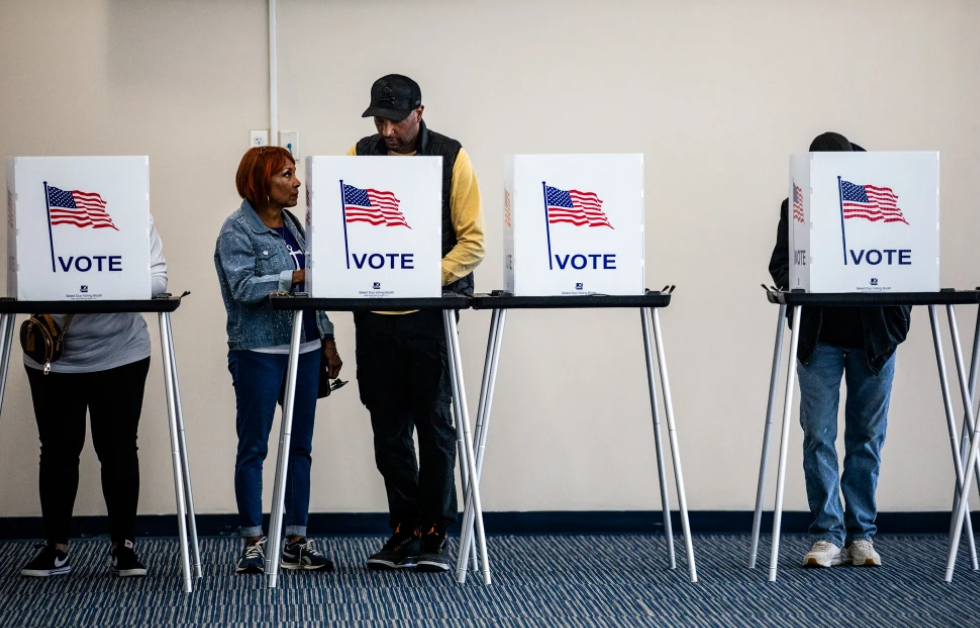
In the aftermath of the recent presidential election, Lance Selfa highlights a crucial reality: most Americans did not vote for either Donald Trump or Kamala Harris. Despite triumphant declarations of a mandate, Trump secured just 49.
8% of the vote—indicating that over half of voters backed someone else. The discontent among voters, especially among marginalized groups, reflects a broader dissatisfaction with the Biden administration's economic policies.
Many potential voters feel disenfranchised by a two-party system that fails to represent their interests, and instead, they might opt for third-party candidates if given a choice. Selfa argues that significant social change throughout U.
S. history has stemmed from grassroots movements rather than electoral victories.
The election results demonstrate that, while millions continue to feel unheard, the path forward lies in collective action and advocacy for a more equitable political landscape. In essence, the true power of the people lies beyond the ballot box.

Discover a vibrant array of events at the National Museum of African American History and Culture! From delicious Harvest Menus at the Sweet Home Café to engaging educational programs like "NMAAHC Kids Connect" and insightful discussions on Toni Morrison's legacy, there's something for everyone. Join us for community conversations on activism, captivating tours highlighting slavery and freedom, and fascinating STEM initiatives.
Whether you're a history enthusiast, educator, or family looking for an enriching experience, our diverse events are free and designed to inspire connection and understanding.
In a thought-provoking analysis, Laura Hollis examines how alienating religious voters could spell political doom for Democrats. With Christians still making up a majority of the U.
S. electorate, their shifting loyalties are crucial.
While Trump's support from evangelical Protestants remains strong, the increasing importance of Hispanic Catholics in states like Florida and Texas hints at a potential reevaluation of assumed Democratic advantages. Despite a rising population of voters identifying as non-religious—22% and counting—traditional religious values still resonate with many Americans, with 70% affirming their faith's significance.
Hollis warns that disconnection from these voters could have dire implications in future elections, especially as issues like immigration and government overreach increasingly dominate the conversation. As the electorate continues to evolve, understanding the interplay of faith and politics becomes more vital than ever.
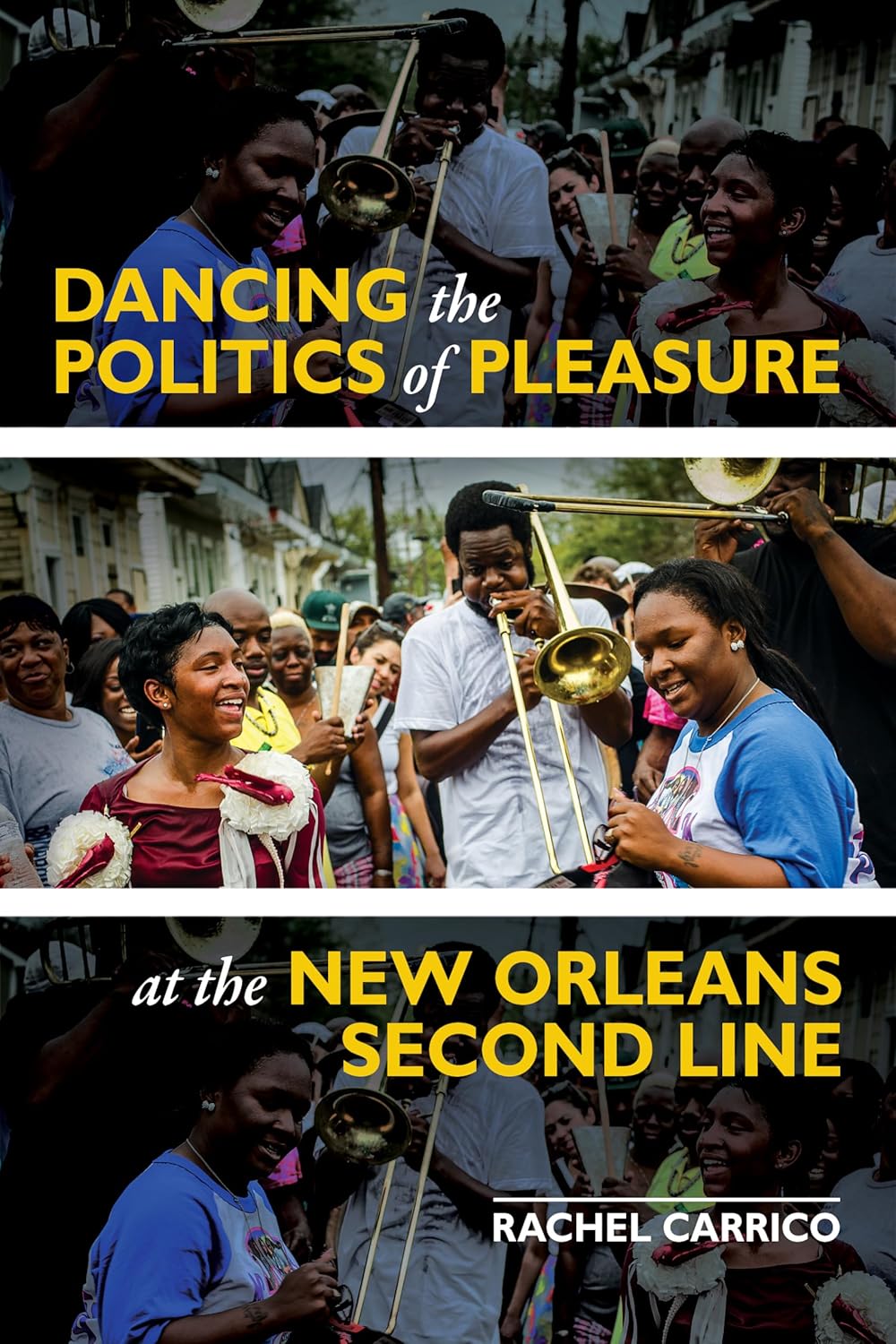
In her captivating book, Dancing the Politics of Pleasure at the New Orleans Second Line, Rachel Carrico dives into the rich cultural tapestry of New Orleans’ second line parades, a vibrant expression of Black identity and resistance. Having moved to the city post-Hurricane Katrina, Carrico immerses herself in this unique tradition, joining the Ice Divas social club and gaining firsthand experience of the dancing spectacle.
The book, structured in six engaging chapters, combines scholarly insights with personal narratives, featuring interviews with culture bearers that bring the scenes to life. Carrico artfully describes the dance, capturing its essence while addressing deeper themes of community, freedom, and the impacts of gentrification.
Her work not only celebrates second lining but also highlights it as a powerful form of Black resistance, making it an essential read for anyone interested in understanding the pulse of New Orleans culture today.

Georgia’s newly elected House Democratic leader, Carolyn Hugley, is on a mission to tackle Black voter apathy ahead of the 2026 elections. After a disappointing turnout among Black voters in 2024, Hugley highlights the need for self-reflection within the Democratic Party, especially in rural regions where economic struggles and feelings of neglect have left many disillusioned.
To energize these voters, she plans a statewide listening tour, beginning with college campuses, to understand their concerns and rebuild the party’s agenda around their needs. Hugley also pledges to push for policies addressing healthcare disparities, economic instability, and education reform.
While supporting the current state party chair amidst criticism, Hugley’s leadership aims to reconnect with those who felt overlooked. This proactive approach could reshape the political landscape for marginalized voters in Georgia.

As Election Day approaches, the conversation shifts to voter registration, absentee ballots, and the age-old issues of disenfranchisement. Author Jason Bowns reflects on the evolution of voting rights, underscoring how historical inequalities shaped our electoral process.
In a world where decisions rest solely in your hands—whether reaching for a pen, touchscreen, or lever—Bowns prompts readers to consider their own voting choices. Recent data reveals that the majority of voters lean towards party lines, showcasing a loyalty that may overshadow independent thought.
With the impact of social media and shifting information landscapes, navigating this election requires discernment and a commitment to understanding candidates beyond party affiliation. As you prepare to cast your vote, remember that while the power lies with you, the journey to that moment is one of research, discussion, and reflection.

In the heated race for the vice presidency, JD Vance’s winning strategy hinges on connecting with the "forgotten Americans," a vital demographic crucial for a Republican victory. Vance’s compelling personal story—a transformative journey from a struggling Rust Belt background to political prominence—resonates deeply with voters who feel left behind.
By addressing their concerns and emphasizing shared struggles, Vance aims to resonate with working-class individuals across racial lines, including Black mothers battling urban decay, Asian shop owners facing looting, and Hispanic energy workers affected by new regulations. His outreach, notably in diverse communities, signals a bold shift.
Vance's persistence in highlighting the disconnect between current policies and the needs of these voters could cement a new, multiracial working-class base for the GOP. With Election Day on the horizon, the effectiveness of this approach remains to be seen, but the potential for a breakthrough is palpable.

The recent article from WBUR dives into the powerful convergence of Silicon Valley billionaires and U.S.
politics, coining them as a "broligarchy." Figures like Elon Musk and Peter Thiel wield unprecedented influence, driving both tech innovation and significant political funding, aligning closely with the new administration.
This shift reflects a stark departure from Silicon Valley's traditionally liberal stance, raising alarms about the implications for democracy as these tech titans gain more power. Experts in the discussion express concern over the lack of oversight and accountability, warning that unchecked power could lead to manipulation that threatens civil liberties and privacy.
As the political landscape evolves, the integration of tech moguls into governance sparks vital conversations about the balance between innovation and regulation, ultimately challenging the integrity of democratic processes in the modern age. The implications of this new oligarchy are profound, with potential ramifications for citizens and governance alike.
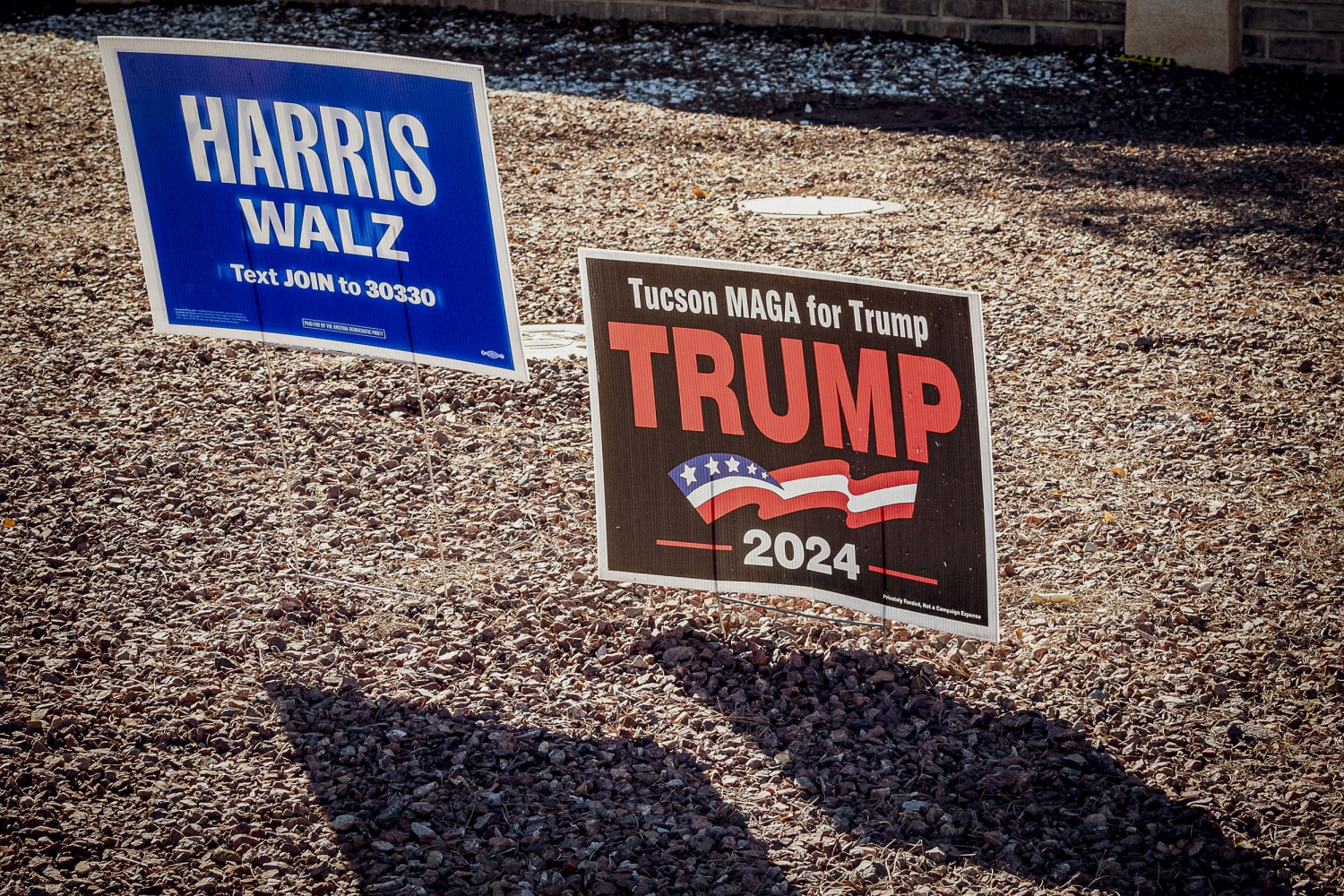
The 2024 election has thrown several long-standing Democratic assumptions into disarray, forcing party leaders to reevaluate their strategies. Historically, Democrats believed that higher voter turnout favored them; however, the 2024 results demonstrated that Trump continues to energize low-propensity voters.
Additionally, Democrats have lost their hold on the working class, with Trump capturing significant support among voters without college degrees and those earning between $30,000 to $100,000. The notion that Trump couldn't expand his base has also been debunked, as he gained traction in urban centers and among Latino communities.
Furthermore, the idea that restrictive immigration policies would turn Latinos against Trump has proven false. Lastly, the belief that the Electoral College was biased against Democrats crumbled as Trump won both the popular vote and the Electoral College.
With these assumptions shattered, Democrats face a challenging path ahead as they seek to rebuild.


